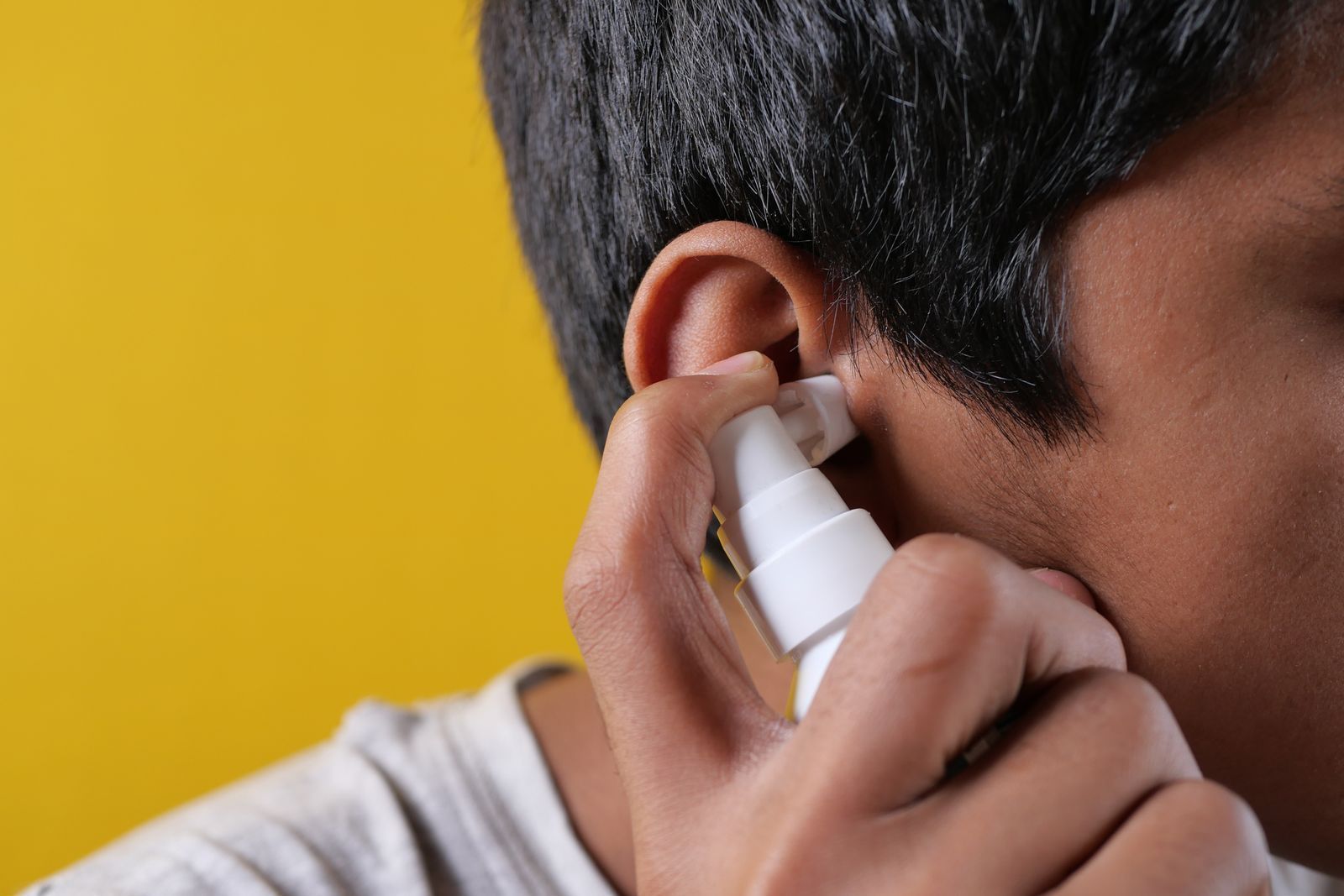How is Laryngitis Treated in Louisville?
Laryngitis is an inflammation of the larynx, more commonly known as the voice box. The problem might arise when your vocal cords are overworked, inflamed, or infected.
When your vocal cords are healthy, they open and close smoothly, vibrating to create sounds. However, the sounds that travel via swollen vocal cords are distorted. It causes your voice to sound weak or harsh.
Is Laryngitis Common?
Laryngitis is diagnosed as one of two types: acute and chronic.
Acute laryngitis is temporary and gets better once the root cause is treated. While some people are more prone to laryngitis than others, the condition typically affects adults once every two to three years.
Chronic laryngitis is regarded as chronic if it persists for more than three weeks. According to research, 21% of Americans will, at some point in their lives, experience chronic laryngitis.
What Causes Laryngitis?
Several factors can lead to laryngitis. However, the causes of laryngitis might vary depending on whether your condition is acute or chronic.
Causes of Acute Laryngitis
● Temporary vocal strain is brought on by shouting, singing, or speaking.
● Viral infections.
● Candida (yeast) infections.
● Bacterial infections.
Causes of Chronic Laryngitis
● Using your voice excessively.
● Smoking.
● Heavy drinking.
● Chronic sinusitis.
● GERD (chronic acid reflux).
What are the Symptoms of Laryngitis?
Laryngitis symptoms often last less than two weeks and are brought on by a mild factor, like a virus. Less frequently, something more severe or long-lasting causes laryngitis symptoms. Signs and symptoms of laryngitis might include:
● Sore throat
● Dry throat
● Tickling sensation and rawness in your throat
● Hoarseness
● Weak voice or voice loss
● Dry cough
How is Laryngitis Diagnosed?
The majority of the time, symptoms like hoarseness, a sore throat, or a dry cough can be used to determine whether you have laryngitis. You probably won't need to contact a doctor if your symptoms go away in a week or two. However, if required, your doctor can determine if you have laryngitis by:
Performing a laryngoscopy: Your doctor will use an endoscope—a tiny camera—placed through your mouth or nose so they can see your vocal cords more clearly.
Depending on the results of the laryngoscopy, your doctor may recommend:
Biopsy: Your doctor might extract a little sample of tissue from a nodule or lump on your vocal cords and send it to a pathology lab for examination.
Or Taking a Culture.
How is Laryngitis Treated in Louisville?
The kind of treatment required depends on the type of laryngitis symptoms you have. Your doctor might advise you to:
● Voice Treatment: A specially qualified voice therapist might be able to work with you on exercises and procedures to enhance your voice function.
● Corticosteroids: Taking corticosteroids may be recommended by a doctor if you need to talk clearly right away. This group of medications resembles hormones your body naturally produces, such as cortisol. They lessen swelling.
● Antibiotics: Antibiotics may be prescribed if you have a bacterial infection. However, laryngitis is rarely caused by bacteria.
The otolaryngologists of Kentuckiana ENT, a Division of ENT Care Centers, are experts at treating laryngitis and putting you on the path to recovery. Book an appointment with us if you are looking for effective therapy. We provide affordable ENT care in Louisville, Kentucky, and Jeffersonville, Indiana. Please contact us online or call us at 502-894-8441 if you have any questions.







Our Convenient Locations
We Want To Hear From You!
Go here to request an appointment, here to refer a patient, and here if you are a parent making an appointment for your child. If you have any other questions, reach out to us below!
Experience Quality and Compassionate ENT Care
See the best otolaryngologists in
Louisville, KY and Jeffersonville, IN
at Kentuckiana Ear, Nose & Throat






